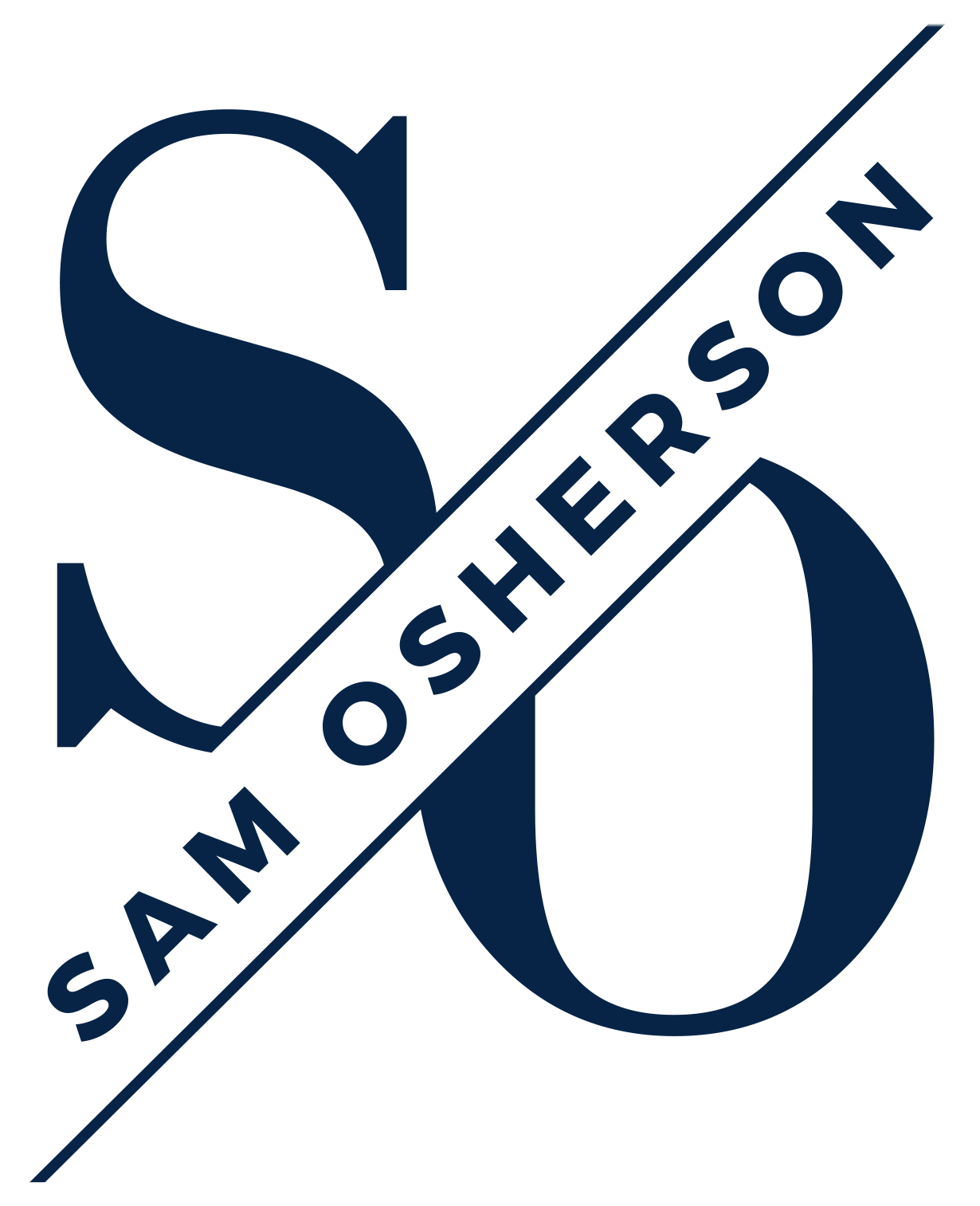To really tell you about myself, I need to start with a childhood memory. I grew up in what became a commuter suburb of New York City, post-World War II. One lovely Spring day when I was in elementary school, as my mother and I were driving home, we passed a construction site: a major new highway was being built through our community and lots of construction vehicles were busy at work. Tractors, pavers, dump trucks. Vast swaths of trees had been felled and concrete was being poured onto land that had only recently been woods in which my friends and I played most days. My mother pointed to the construction with some enthusiasm, perhaps expecting her ten-year-old son to show his usual interest in monster trucks and machinery. I replied morosely, “well, that’s a lot of dirt that will never again see the light of day.”
Something about that urban development clashed on a primal level with my childhood experience of the natural world around me. The raw memory faded, yet as an adult I yearned for years to live down a back road far in the country. Suburbs and city I knew well—what would it be like to have an even closer connection to nature? So, for the past many years, I have divided my time between the dirt roads and backwoods of New Hampshire and busy, urban Cambridge, MA.
I’ve come to see that my own struggle to understand my connection to the natural world mirrors a larger cultural struggle as well. We all know (or should know, by now) the threats to life on our planet. There are epic efforts at re-wilding, at returning half the earth to the rest of animal life, and at supporting the survival of threatened species. Our screens place nature at the push of a button: YouTube, Facebook, Instagram, and TikTok are filled with heartwarming videos of elephants, lions, chimpanzees, dolphins, octopuses and their fellow cephalopods—you name it. Live-streaming videos of safaris pop up daily.
It’s as if we as a species are grasping at a world we fear we are losing.
We’ve arrived at this scary place in part because of a fundamental confusion in our view of nature: are we part of the natural world or separate from it? Is the human species exceptional, or is it one feature of the ongoing evolution of the earth? It’s hard for humans not to see themselves as the apex of evolution, and in fact there is much that is exceptional about homo sapiens. Still, the belief that humans are here to have dominion over the web of life on earth—and to exploit its resources for our own gain—leads to problems when our survival depends on the survival of the rest of that web.
Curious? What I aim to do in my new Wild-Life blog is to explore some of these connects and disconnects with the fascinating, mysterious natural world in my own life and that of others. Some humorous, some poignant, some liberating – all crucial.
In a similar vein, my new novel, Saving Penny, due out this summer, examines the conflicts and misunderstandings about nature that arise when a wild bobcat takes up residence in the woods on the campus of an elite private school.
I am the proud father of two terrific children – a grown son and daughter. I’m delighted to have welcomed a wonderful daughter-in-law into our family, and recently became a grandfather (Yay!). My dear spouse, Julie Snow, is a singer-songwriter and collage artist, as well as a social worker. Several years ago, on my birthday, she appeared with a beautiful tenor ukulele. “You’ve always wanted to learn a musical instrument. Now’s the time.” Trailing behind her was my daughter, with a book of ukulele lessons. I was fortunate to find a really good music teacher. I try to practice every day and I am getting better. Slowly.
The formal things, for those who are so drawn: I am a Professor of Psychology Emeritus at the Fielding Graduate University and on the faculty of the Stanley H. King Institute, which teaches listening skills to educators to help strengthen and deepen their relationships with students. I have a psychotherapy practice in Cambridge, MA. Over a span of forty years I have written a series of well-received nonfiction books and several novels. My writing has appeared in a variety of magazines and newspapers, including The Boston Globe, Chicago Tribune, Cosmopolitan, Utne Reader, and The Miami Herald. I have appeared on the Oprah Winfrey Show, Good Morning America, The Regis Philbin show, and several NPR broadcasts, including OnPoint and The Exchange. Life on earth has been good to me, and I owe it my all.





